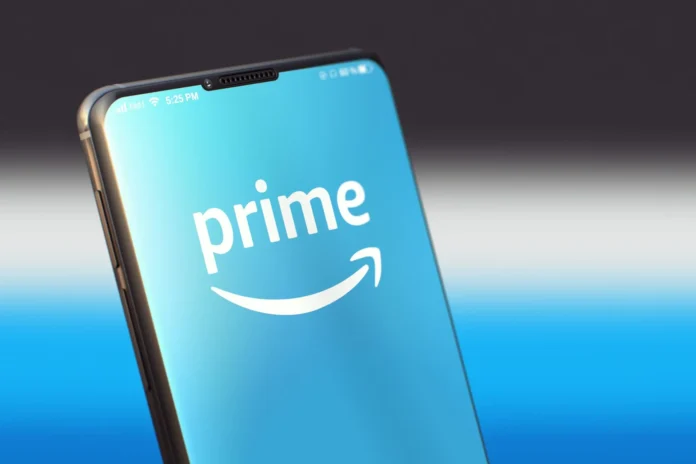
Case Intel
- FTC trial in Seattle tests whether Amazon misled 40M+ Prime users on sign-ups and cancellation.
- Judge already ruled Amazon violated ROSCA when collecting billing info before disclosures.
- Jury to decide liability over next month; damages could reach hundreds of millions plus per-violation fines.
SEATTLE, Washington, Sept. 23 (USA HERALD) — Amazon began trial Tuesday in a Seattle federal courtroom facing claims by the U.S. Federal Trade Commission (FTC) that it duped tens of millions of consumers into Prime memberships without their informed consent and then locked them in with complex cancellation processes.
The civil case, formally filed in 2023, names Amazon.com Inc. and three senior executives as defendants. It is being closely watched as a test of the FTC’s tougher stance against Big Tech, and it could reshape subscription practices across industries if Amazon is found liable.
The FTC alleges that from at least 2017 to 2022, Amazon buried critical disclosures about automatic Prime enrollment behind free-shipping and free-trial offers. Selecting an option such as “Get FREE Same-Day Delivery” allegedly triggered a subscription without clear and conspicuous notice of ongoing $14.99 monthly charges.
Court filings reference the Restore Online Shoppers’ Confidence Act (ROSCA), which requires clear disclosures and simple cancellation mechanisms. According to the FTC, Amazon violated ROSCA both by failing to disclose terms upfront and by creating a multi-screen cancellation process so cumbersome that tens of millions of users abandoned the effort midway.
An FTC expert estimated 40 million consumers were enrolled in Prime without consent. Internal data cited in the complaint shows widespread user drop-off during cancellation.
Amazon has denied wrongdoing, asserting that Prime’s terms were clearly disclosed and that users have multiple straightforward ways to cancel. In a statement included in the company’s pleadings, Amazon said:
“ROSCA does not require that a cancellation mechanism be well-promoted or popular.”
The company argues that the FTC is overreaching by stretching statutory language and mischaracterizing Amazon’s internal efforts to test consumer experience changes.
Amazon enters trial at a disadvantage. In a pretrial ruling, the court found that Amazon had already violated ROSCA when it collected billing information through stored payment methods prior to disclosing Prime’s terms. The judge also ruled that the three executives named as defendants may be held personally liable for any violations the jury finds.
The Amazon case fits a pattern. The FTC under both Trump and Biden has investigated subscription practices across sectors. In April, the agency sued Uber over its Uber One subscription. In August, it targeted LA Fitness for alleged burdensome cancellation policies.
The Amazon probe itself began under President Trump’s first term but culminated in the Biden administration with the current complaint.


